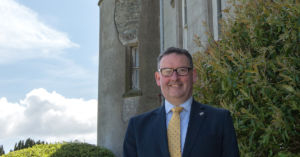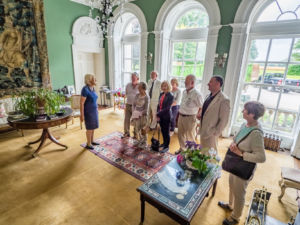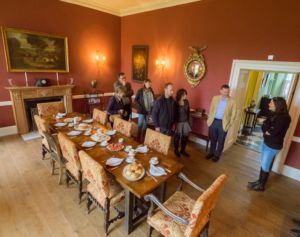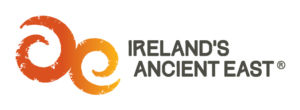Here are nine creative and quirky camps operating in Ireland and a short guide on how to start your own summer camp business.
Are you a business owner with children? Do you need to keep them busy over the summer holidays? Perhaps you want to start a summer camp?
As carefree as summer camps aim to be for young people, behind every good camp is a serious business. Here we look at some of the quirkier, less run-of-the-mill Irish summer camps, and how you might go about setting up your own. If you know of other really cool summer camps, let us know on our Facebook page.
Whizzkids
With programmes on campuses right across Ireland, Whizzkids has established itself as the number one camp for kids and teenagers interested in tech. The week-long camps teach young people about coding, web design and much more.
Wizard Academy
If tech isn’t your child’s thing, perhaps witchcraft and wizardry could be more down their street? Modeling itself as Ireland’s answer to Hogwarts, this County Meath-based camp offers kids classes in potions, magical creatures, spells and more.
Kids Army Bootcamp
Is it time your child learned some survival skills? Based in the wilds of Enniskerry, Basecamp East’s summer camp offers children a range of survival-style training, from air rifling to bushcraft.
Starcamp
For those looking for something more creative, Starcamp promises to boosts kids’ confidence through singing, acting, hip-hop and other performance activities. The camp caters for both boys and girls from the ages of four to fourteen with venues right across Dublin.
Fight Factory Pro Wrestling
Time to trade in the football kit for spandex? Based in Bray, FFPW is Ireland’s number one pro wrestling school, with former trainees having gone on to superstardom in the WWE. Trainees must be at least 14 years of age.
Punch Lion
Specialising in family friendly comedy shows for children, Punch Lion Comedy Clubs also run comedy workshops for kids, teaching everything from improvisation and stand-up comedy. Different classes cater for ages ranging from 5-12, with workshops for teenagers also on offer.
Run Away With the Circus
Juggling, unicycling, pyramid building, diablo, hat manipulation – these are just some of the skills being taught by Circus professionals during this week long summer camp in Cloughjordan this July. Suitable for over eights, with separate groups for teenagers.
Dig it Kids
Dig it Kids works with teachers and early school practitioners to bring archaeology and history to life in the classroom (and out of it). The camp is tailored to meet the Aistear Programme and the School Curriculum.
“Our mission is to provide fun, hands-on learning for young archaeologists and historians, supporting the Irish curriculum,” says Stephen Mandal, co-founder.
Irish School of Archaeology
For more fun digging, the Irish School of Archaeology runs week-long camps over the summer in its Harold’s Cross and Malahide locations. The camps are aimed at youngsters aged between 7-12 and activities include a Viking house excavation, weaponry and combat, treasure hunts, and a real life archaeology dig.
Running a summer camp as a business
Got an idea for an Irish summer camp? Here are a few things to consider before you get started.
- Scope
A summer camp is a business like any other, so before you get started you need to decide the scale of your operation and who you need to cater for. How many kids can you facilitate at a time, and for what age groups? Can you accommodate children with special needs? What kinds of activities will you offer, and what kind of facilities will you require?
- Business plan
Once you know exactly what your camp will look like, it’s time to draft a business plan. A good business plan will help you secure investment, and will be a guide for developing your business. Download a great business plan template here.
- Book the venue
Deciding on the venue requirements for your camp is an vital first step. Will you require playing fields, a computer room, or a theatre space? Figuring this out early is crucial, as community centres can get booked up quickly for the Summer months.
- Vetting
If you’re responsible for looking after kids, you’ll need to go through the Garda vetting process; as will the staff you employ at your camp. Hiring people who already have Garda clearance, like a teacher or Montessori employee on summer holidays, could save time.
- Health and safety and insurance
Meeting the appropriate health and safety requirements is a must, as well as getting public liability insurance. Make sure to shop around for the best quote.
- Marketing
It’s time to fill those places. You need to decide on a budget and the strategy for your marketing. How are you going to differentiate yourself from other camps in the market? Will you place ads in local press or online? Do you have a social media strategy? Can your budget stretch to ads for the national newspapers, radio or TV? Sometimes it can be effective to contact local schools to ask about putting up posters or handing out fliers. Start planning, download a free marketing plan template here.
Article by Peter Flanagan.
This post was originally published here - https://www.thinkbusiness.ie/articles/creative-summer-camps-in-ireland/ on





























